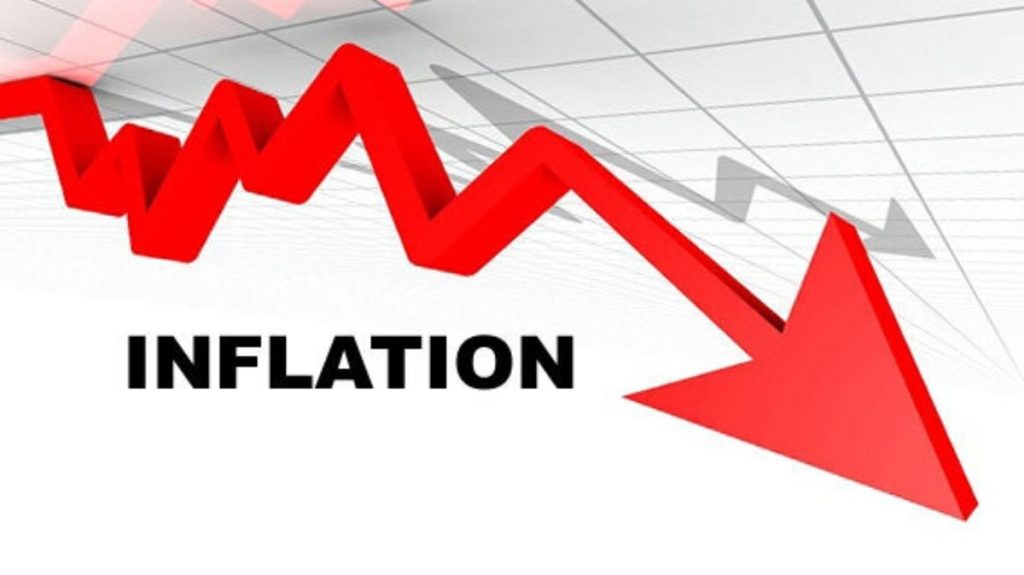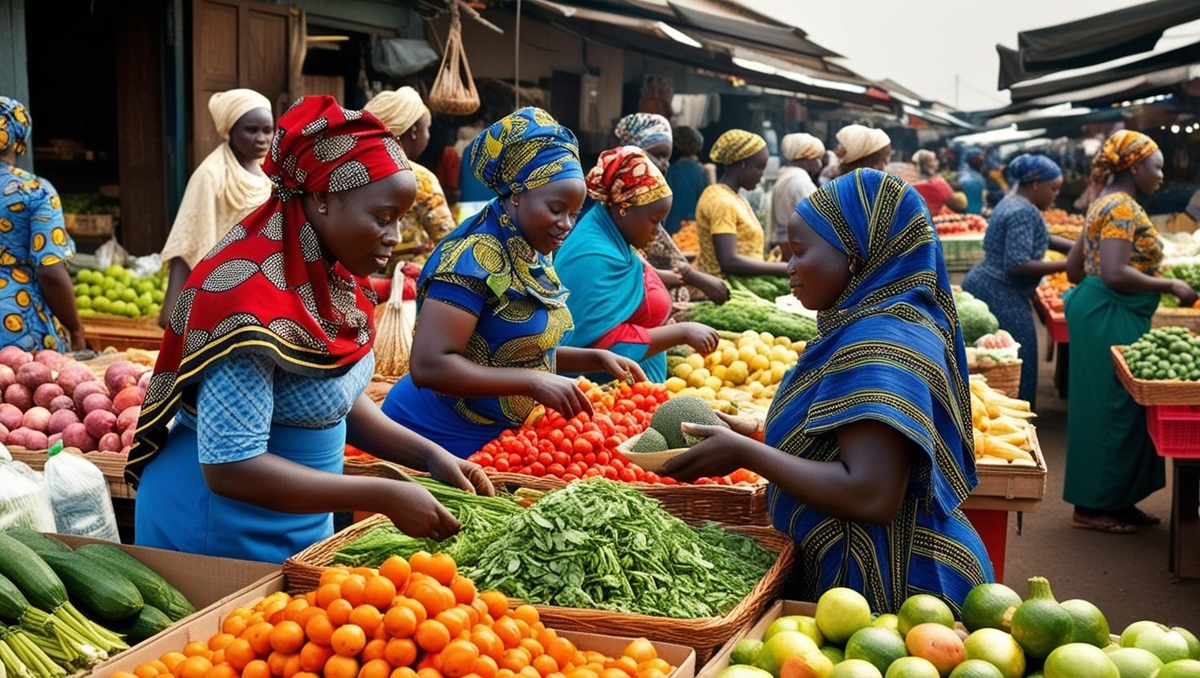Nigeria’s headline inflation eased for the second consecutive month in May, dipping slightly to 22.97% year-on-year from 23.71% in April, according to fresh data released Monday by the National Bureau of Statistics (NBS).
This modest decline offers a glimpse of relief for Africa’s most populous nation, which has struggled under the weight of surging prices since 2023. Inflation reached multiple 28-year highs last year, following President Bola Tinubu’s sweeping reforms—including the scrapping of fuel subsidies and a sharp devaluation of the naira.
The NBS attributed part of the recent drop to a major methodological overhaul earlier this year. After rebasing its inflation metrics—updating the base year from 2009 to 2024 and adjusting the weights of goods and services in its consumer price basket—the official inflation figure plunged from 34.80% in December to 24.48% in January.

Food prices, which make up a significant share of household spending and a dominant force in headline inflation, also edged lower. Food inflation stood at 21.14% in May, compared with 21.26% in April.
The Central Bank of Nigeria (CBN), which aggressively raised interest rates six times last year to tame inflation, has now held its benchmark rate steady for two consecutive meetings. Policymakers cited signs of “improving macroeconomic conditions” and a positive medium-term outlook for price stability.
While the numbers suggest a trend toward moderation, analysts caution that inflation remains uncomfortably high. The coming months will test whether the decline is sustainable—or simply a temporary pause in a long battle to restore price stability.


 Trending
Trending 